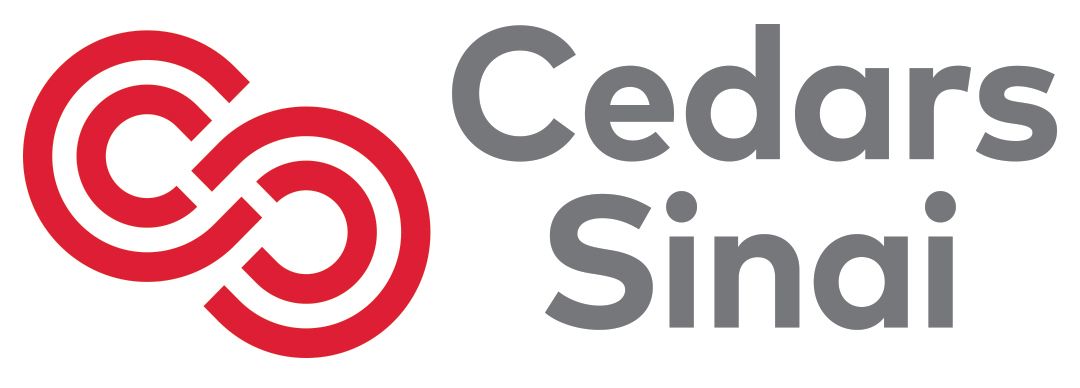
Experts Discuss Exciting Novel Therapies, Challenges in RCC

Robert Figlin, MD, and Daniel Petrylak, MD, discuss emerging agents in RCC they are excited about and what challenges still remain in treating the disease.
Robert Figlin, MD
With several novel agents advancing toward regulatory approval, the renal cell carcinoma (RCC) treatment paradigm may soon undergo a transformation.
In October, a rolling submission of a new drug application for cabozantinib (Cometriq) was initiated for patients with advanced RCC who have received one prior therapy. This followed a breakthrough designation for the drug in August 2015. Lenvatinib (Lenvima) and nivolumab (Opdivo) both also received a breakthrough designation from the FDA in July and September 2015, respectively.
Recently, oncologists from around the United States gathered at the 33rd Annual Chemotherapy Foundation Symposium. As part of the symposium’s special session on genitourinary malignancies, both Daniel Petrylak, MD, professor of Medicine and of Urology, co-director, Signal Transduction Research Program at Yale Cancer Center, and Robert Figlin, MD, professor of Medicine and Biomedical Sciences, Steven Spielberg Family Chair in Hematology Oncology at Cedars-Sinai Medical Center, focused their lectures on the changing treatment paradigm in RCC.
OncLive: What novel agents do you see potential for in RCC?
OncLive sat down with both experts during the symposium to learn more about which emerging agents in RCC they are excited about and what challenges still remain in treating the disease. Figlin: There are are several new agents that have shown surprising results in recent studies. One is lenvatinib, a TKI inhibitor that inhibits both the VEGF-receptor pathway as well as the FGF-receptor pathway. FGF receptors are thought to be one of the resistance mechanisms for kidney cancer. Lenvatinib, when combined with everolimus and compared to either lenvatinib alone or everolimus alone, produced significantly prolonged progression-free survival (PFS) with an improvement in overall survival (OS), as well. For the first time in kidney cancer, we have a novel TKI that is hitting both major targets, as well as resistance targets, and is showing impressive activity when combined with an mTOR inhibitor, which was previously difficult to combine with.
Another drug to mention is cabozantinib, which inhibits both the VEGF receptor and the MET and AXL pathways, both thought to be resistance pathways. A study presented at the 2015 European Cancer Congress demonstrated significant PFS improvement and a trend toward OS improvement in the second-line setting, when compared to everolimus in the post-TKI setting.
It is clear that checkpoint inhibitors like nivolumab (Opdivo) also demonstrate activity and can produce a survival benefit. Nivolumab may be going in front of the FDA in the second-line setting soon.
Petrylak: There was a recent randomized trial of nivolumab versus everolimus in patients who failed one prior TKI therapy for metastatic renal cancer. It showed a survival benefit in favor of nivolumab over everolimus. The hazard ratio in this trial was .73, so that is a 27% reduction in the risk of death. As seen in randomized trials, this approach is proving to be fruitful.
What are some of the main challenges in the treatment of RCC?
The biggest advantages to immunotherapies such as nivolumab, is that you do not see the same toxicities that you see with chemotherapy. The rate of immune-related toxicities is low. With chemotherapy, you may see neutropenia, neutropenic fevers, and even toxic deaths from chemotherapy. With immunotherapies, the side effects are typically fatigue, transaminitis, and hypothesis in some patients. Overall, patients tolerate immunotherapy much better than they do chemotherapy. Figlin: For the practicing physician, things are becoming more complicated than they ever were before. We have a novel way to use lenvatinib now, in combination with everolimus, and we have the introduction of cabozantinib. These drugs have shown efficacy when compared to an mTOR inhibitor, but they have really not been tested, compared with other active VEGF receptor targeted agents. The whole field has become more complicated by the introduction of nivolumab and other checkpoint inhibitors. Previously, the second-line setting was axitinib, everolimus, and occasionally sorafenib. Soon, depending on what the FDA determines, we are talking about the addition of lenvatinib, cabozantinib, and nivolumab. There are now more drugs and it is more complicated. However, for patients, there are more opportunities.
Daniel Petrylak, MD
We also need to begin to understand how all of these agents would act in the frontline setting and how they are going to function possibly in the adjuvant setting. At the end of the day, we can sequence drugs, but patients are still on the therapies for an extended period of time, meaning they have to face the associated toxicities. Therefore, we need continued discovery of novel therapies that can produce durations of remission, especially if they can be unmaintained. We need to keep pushing the envelope to test new combinations, new targets, and new ways of thinking.
Petrylak: We need to understand some of the different options for combination therapies, which I believe are the future of RCC treatment. There should be a better understanding of how to combine either immunotherapies with chemotherapy or targeted therapies to further improve response. We need to define the optimal sequencing of these therapies, as well.
We also need better ways of understanding biomarkers, so we know which patients will do best on which treatments. There are a lot of different things that we really need to understand better than we do right now. For example, in a patient who is PD-L1—negative in their immune cells, the median survival with an immunotherapy is about 8 to 9 months, which is the same as what we see with chemotherapy. In this case, which treatment do we use? There is a lot that needs to be figured out.




































